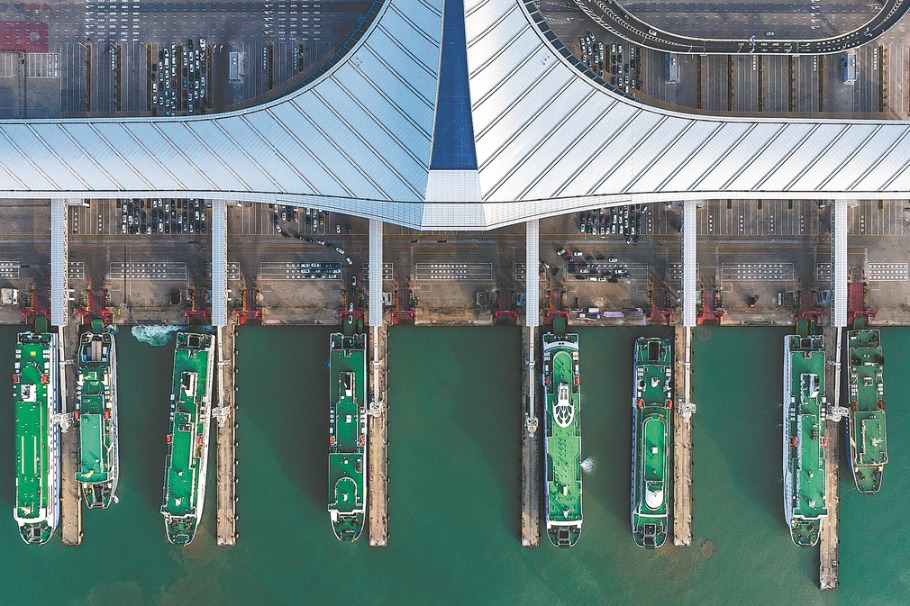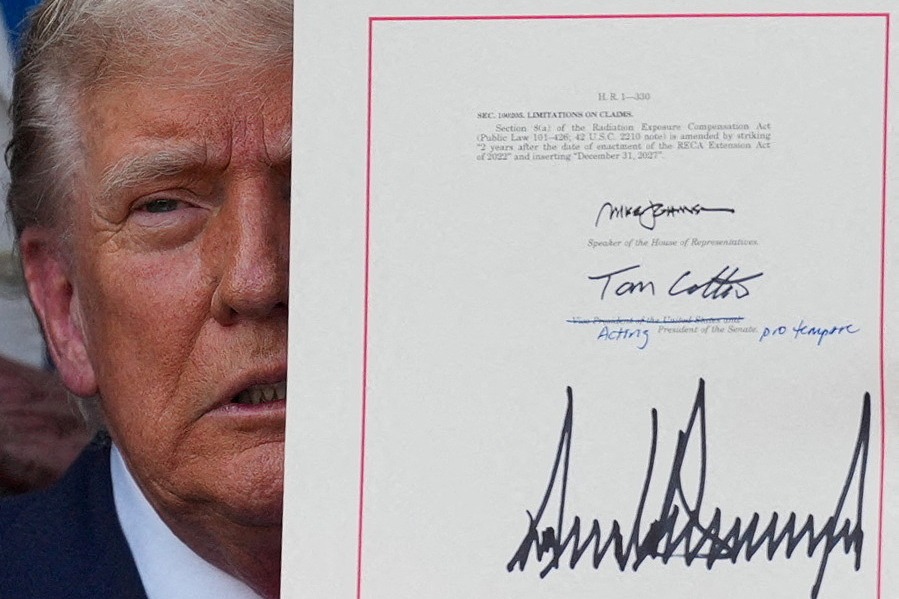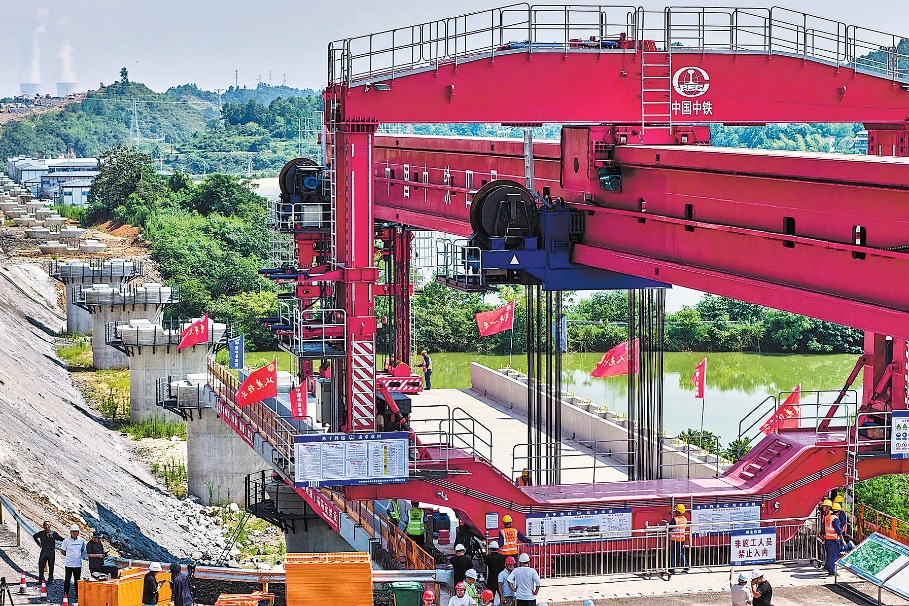Report: UK plagued by post-Brexit customs uncertainty

LONDON — Britain's post-Brexit border with the European Union has been plagued by chronic delays and uncertainty, ramping up costs for businesses and the government, the country's spending watchdog said in a report on Monday.
The United Kingdom departed from the EU on Jan 31, 2020, followed by a standstill transition period, but has still yet to complete full implementation of post-Brexit customs controls.
"The UK leaving the EU created a large-scale change in arrangements for the movement of goods across the border," said Gareth Davies, head of the National Audit Office, or NAO.
"However, more than three years after the end of the transition period, it is still not clear when full controls will be in place."
When the UK left the European single market and customs union on Dec 31, 2020, the EU immediately implemented customs controls for goods heading from the UK into the bloc.
But the UK government has delayed the introduction of customs checks five times for goods heading into the country, citing delays with infrastructure and technology.
Controls on imports of food, plant and animal products from the EU have now belatedly begun but not in their entirety.
UK businesses have complained that the lack of checks on EU imports put their continental competitors at an advantage and that they are having to pass on higher administration costs to customers.
"Government has repeatedly changed and deferred its plans for the introduction of full import controls following the UK's exit from the European Union," the NAO report said. "This has caused uncertainty for businesses and extra costs for government and ports."
The NAO also slammed the UK government for having "no clear timetable" for finalizing full controls.
"Since the UK left the EU, border processes have operated largely as intended, but traders face increasing additional costs and administrative burdens," it said.
Britain will have spent at least $6 billion to implement new border arrangements and improve the border — of which $3.3 billion had been spent by March last year — yet still has no plan for a "full" customs regime, the watchdog said.
"Late announcements about policy and uncertainty about the implementation of controls have also reduced the ability of businesses and ports to prepare for changes."
Last year, the government's independent fiscal watchdog, the Office for Budget Responsibility, forecast that the UK's Brexit trade deal with Brussels would reduce long-term productivity by 4 percent compared with when the country was a member.
Agencies Via Xinhua
Today's Top News
- Washington not incarnation of justice: China Daily editorial
- Tariff truce gains time for talks although some tough issues remain to be resolved
- China continues to suspend or removes export controls on some US entities
- Xi says China, Brazil can set example of unity, self-reliance in Global South
- China to extend tariff suspension on imported US products
- Joint Statement on China-US Economic and Trade Meeting in Stockholm





























